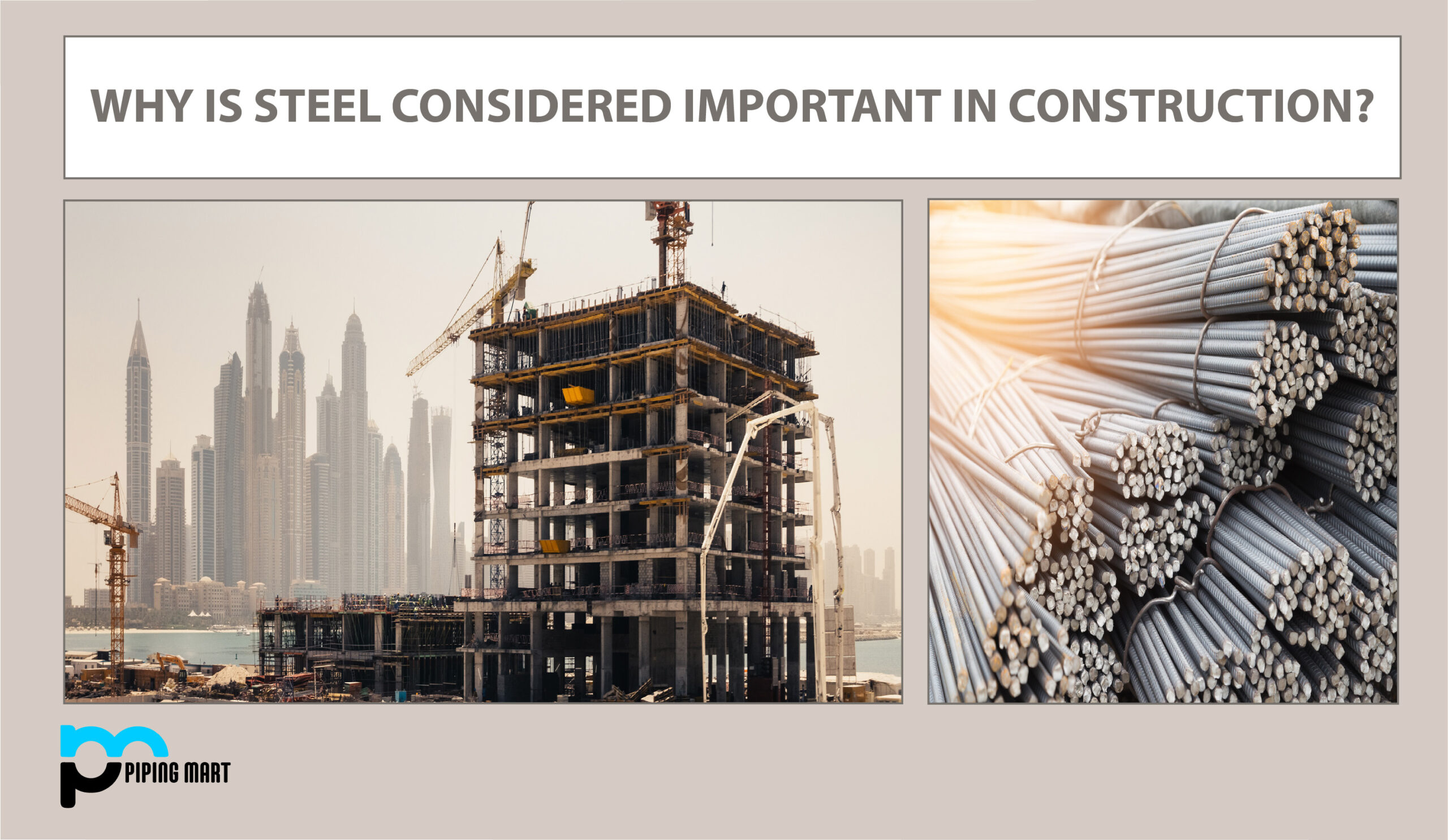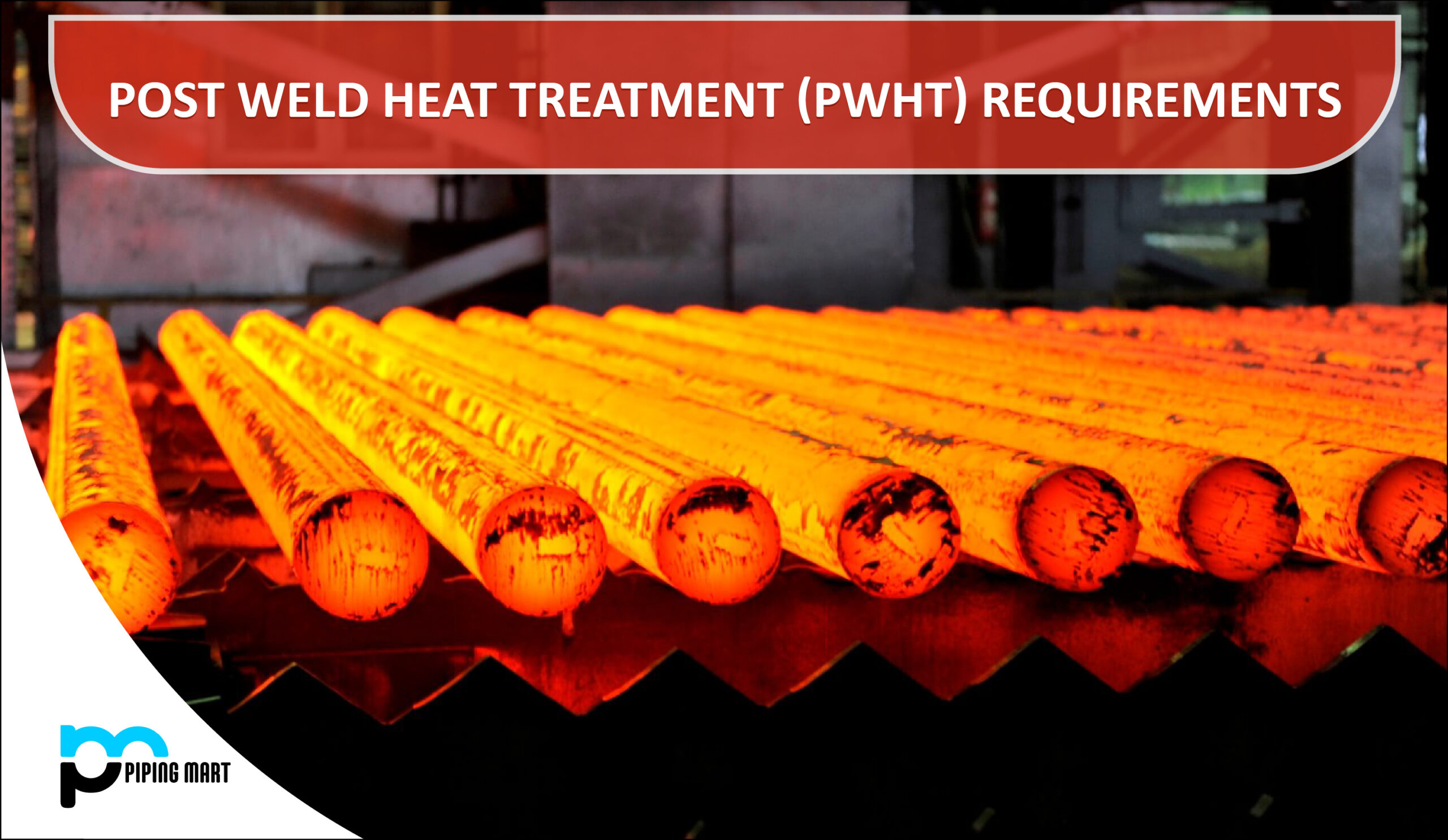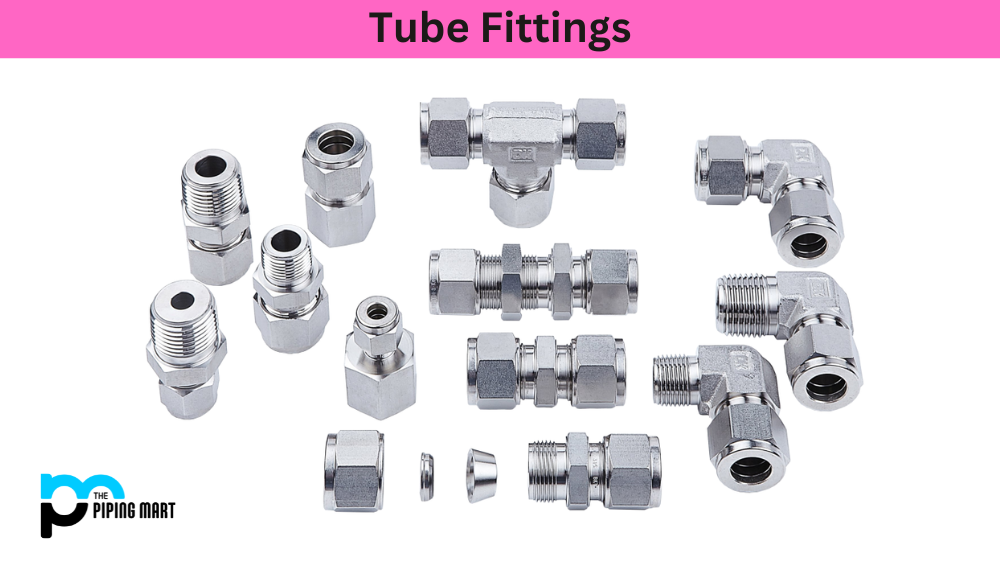Steel is a unique building material that is always a good investment. Steel is an excellent collaborator, advancing growth and development alongside all other materials. The basis of the past 100 years of progress has been steel, and it will continue to be essential to overcoming obstacles in the future.
No environmental duty is compromised in the steel sector. Steel is the most recycled material in the world and is entirely recyclable. Technology for producing steel has advanced to the point where only scientific limitations restrict further advancement. To expand these borders, a new strategy is required. The search for answers to the world’s environmental problems depends on steel.
Steel is the preferred material because of its accessibility, strength, adaptability, ductility, and recyclable nature. Steel was widely used to construct buildings in the 20th century, and many constructions are still stable today. Steel is a sturdy and secure structural material that resists mold, termites, and rot. The steel frame has a natural zinc coating, which makes it durable for hundreds or even thousands of years. It is the material that is recycled the most globally, and because it is recycled, it can never be “consumed,” only used. Steel products find their most prominent usage in construction, which is common in developing nations.
Benefits of steel
- Strength – One of the most robust building materials is steel. Steel is the material with the best strength-to-weight ratio and is, therefore, a surefire strategy to keep the integrity of your structure. Steel also ages considerably more slowly than any other material, which contributes to the quality of your structure.
- Fire safety – Steel is fire-resistant, so while it won’t entirely put out a fire, it will keep it at bay long enough to reduce damage before help arrives. When constructing a structure in a location where there may be fire concerns, this is quite advantageous.
- Maintenance – Steel requires less upkeep, saving time and money. When using a material that won’t deteriorate rapidly or be harmed easily, your building will last longer than when using competing materials in terms of structural soundness. The building’s steel exterior is also incredibly effective at maintaining inside security. Your interior can be shielded from annoyances like vermin, mold, mildew, and decay thanks to the excellent material.
- Design – Steel structures are made simple to put together and take down, resulting in significant environmental savings. The designs are thoroughly implemented according to the most recent international building and design codes, including IBC, AISC, AWS, MBMA, and AISI, using industry-standard complex design and detailing software like SAP, Losake, CFS, Tekla, STAD-Pro, MBS, and others. We can streamline the manufacturing process to produce safer, more durable, and more outstanding-quality buildings.
- Cost – Weight equates to currency in the steel industry. To maximize optimization with the best strength, we employ the best solutions. Buildings are made of more than just steel.
- Other uses – Concrete bridges are four to eight times heavier than steel ones.
Choosing steel for construction – Best and Sustainable way
Engineering professionals, designers, architects, and fabricators all choose structural steel. Structural steel is one of the best building materials today, thanks to its countless advantages. The majority of constructions employ mild steel. Its tremendous strength makes steel the perfect material for building construction. In addition, structural steel is affordable, tensile, ductile, and flexible.
- High-rise buildings: Wind and earthquakes are two external factors that structural steel can withstand. Because steel is a flexible metal, it will bend rather than break in the event of a hurricane or earthquake.
- Industrial sheds: The affordability of structural steel is another advantage. Steel parts that are already fabricated are readily available, making the construction of structural frameworks quick and easy. Additionally, much work can be completed in advance at the industrial site, which will save both time and money.
- Residential buildings: These structures must endure the test of time, as previously mentioned. They should be resilient to outside influences like wind, earthquakes, and storms. Residential building construction is a good fit for structural steel because of its plasticity and flexibility. Residential buildings are constructed using a method known as light gauge steel construction.
- Bridges: Steel is a tensile metal because of its high strength-to-weight ratio. It is solid and able to support the weight of numerous vehicles and people. These characteristics allow engineers, architects, and fabricators to create massive, imposing bridges that can endure the test of time.
- Parking garages: For the same reasons as previously discussed, structural steel is useful in constructing parking garages. However, its lightweight nature also makes it particularly appropriate for construction. This makes building buildings simpler.
Because steel tends to weaken in high heat, steel constructions are now clad in fire-resistant materials. These buildings are coated with additional compounds that protect them against corrosion, mold, and vermin.

Pipingmart is B2B portal specializes in industrial, metal and piping products. Also, share latest information and news related to products, materials and different types grades to help business dealing in this industry.




